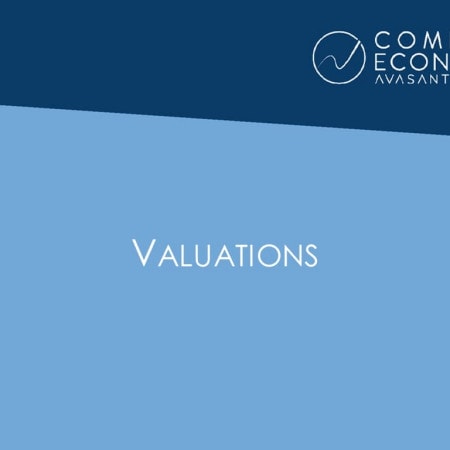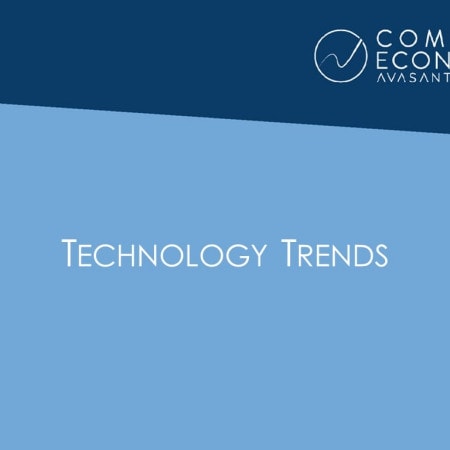-

Yahoo’s CFO on Silicon Valley Board Function and Dysfunction
Are Silicon Valley companies more prone to dysfunctional boards than other companies? What are the keys for ensuring that a board does not run off the rails? These were some of the questions Computer Economics President, Frank Scavo, asked Ken Goldman, Yahoo's CFO, last month in an on-stage interview at the Future in Review conference in Laguna Beach, Calif. As someone who has served on over thirty corporate boards in his career, Goldman had much to say about what works--and what doesn't--on corporate boards.
June, 2014
-

Desktop PC Price/Performance Study: 2001-2005
This special report is a comprehensive study of cost and performance trends over the past five years for desktop computers from the major manufacturers: HP/Compaq, IBM/Lenovo, and Dell. This report allows you to: (1) accurately forecast the residual value of desktop computers in use today or planned for aquisition, based on the historical fair market value (FMV) decline curves that are documented in this report, (2) anticipate future vendor pricing strategies, (3) forecast future improvements in PC price/performance (cost/GHz), (4) obtain maximum useful life from current investments in desktop computers by understanding historical useful life, (5) formulate buying strategies by understanding the forecast for Intel processor performance. (134 pp., 32 figs.)[Read the Full Report Description]
December, 2005
-

What Does 2005 Have in Store for IBM and Hewlett-Packard Users?
The New Year confronts both IBM and Hewlett-Packard customers with questions regarding the future paths of the companies. Based on user surveys and our analysis of the two companies, Computer Economics has developed forecasts of the strategies the two companies will be following in the coming year. The one clear message to both sets of customers is that market forces are continually forcing IBM and HP to recreate themselves in ways that will allow them to fight off growing competition. Click here to purchase. - $125 (USD)
January, 2005
-

Large Server Economic Returns Out Pace Small Servers
Most organizations have embraced a mix of large servers (costing in excess of $250,000) and small servers as major components of their system architectures. Computer Economics' Information Systems Spending and Technology Trends points out that while small server acquisitions exceed those of large servers, economic returns more often favor the larger machines. IT managers making equipment selection decisions will want to review these results before making choices. Click here to purchase. - $95
November, 2004
-

Does On-Demand Computing Deliver?
The option of being able to pay for computing services only to the level necessary to support on-going business activities is an attractive one. The potential savings of the technology can make it effective in many organizations. Not having to pay for idle computing resources saves money for more productive purposes. The experience of early adopters has been encouraging and points toward opportunities for IT managers to introduce new computing economies into their organizations. Click here to purchase. - $125
October, 2004
-

Is 64-Bit Worth the Wait?
After struggling in niche workstation, graphics, and number-crunching segments for the last decade, the 64-bit microprocessor is now starting to gain a foothold in the commodity server hardware scene. While the price/performance curve of the Intel x86 family has served general-purpose computing well over the last decade-plus, the growth in data intensive and CPU intensive applications with large numbers of users is fostering interest in 64-bit outside of its typical domain. Whether 64-bit technology is worth the wait really depends on your needs. This article will help you answer this question and determine your strategy for server technology moving forward. Click here to purchase.
April, 2004
-

How HP’s Integration of Compaq Will Affect Ownership Costs (1Q03)
Because of the ongoing HP/Compaq integration and other internal factors, many HP customers may experience an increase in cost of ownership.
December, 2002

 Grid View
Grid View List View
List View